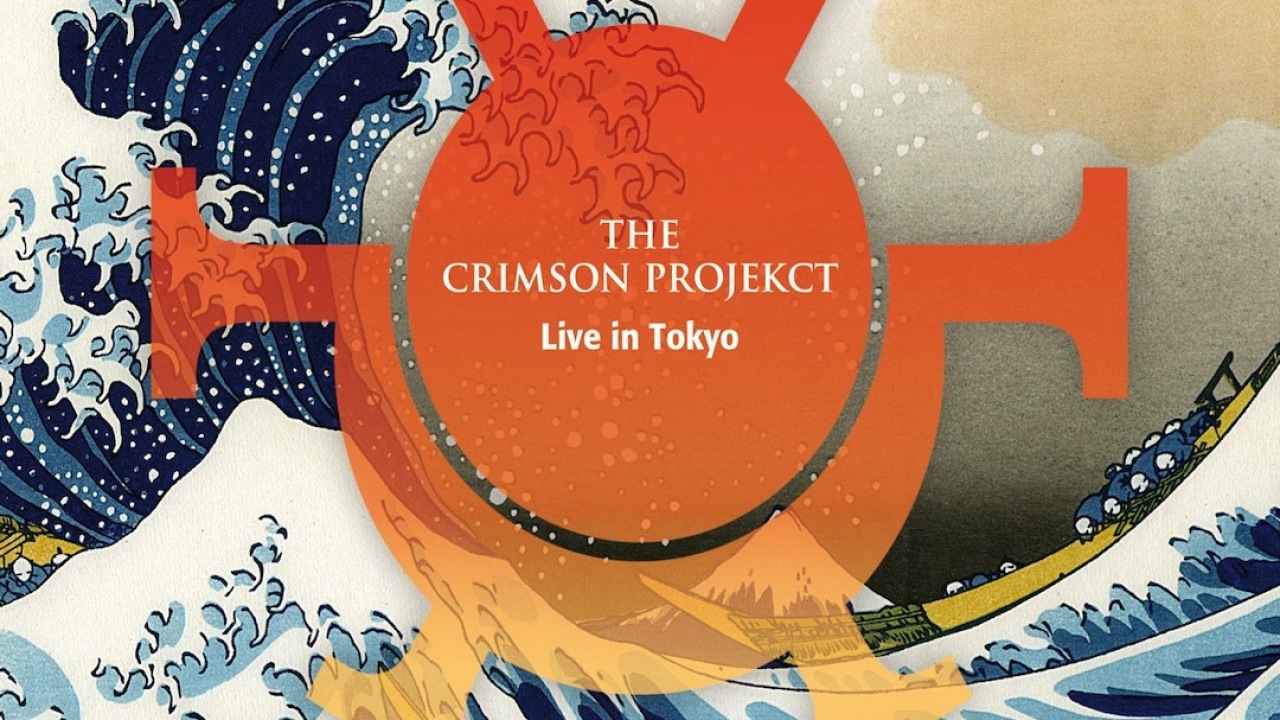You can trust Louder
Since King Crimson went on extended hiatus in 2008, the closest you could get to hearing that band’s music would be attending a gig by The Adrian Belew Power Trio, consisting of ace bassist Julie Slick and drummer Tobias Ralph, or Stick Men with Tony Levin, Pat Mastelotto and touch guitarist extraordinaire Markus Reuter. Both groups naturally included Crimson material in their respective repertoires and when the two trios combined forces in 2011, the Crimson ProjeKCt was born.
Fronted by a beaming and affable Belew, the three KC cohorts and their trio of talented recruits, plus a familiar setlist of Crimson favourites should, theoretically, result in a close approximation of the double trio of King Crimson’s Thrak era.
In practice, the challenge here, as it was for that incarnation of Crimson itself, is that with two of everything in such a fast-moving concert environment, clarity is a casualty. The production on this 2012 concert isn’t muddy, but it is awkwardly cluttered. As a result, Reuter’s Frame By Frame double-speed picking blurs indistinctly in the background and Slick’s cutting, subterranean grooves are often blunted.
Occasionally in King Crimson concerts, Red suffered a wearied, by-the-numbers reading that fell well short of the bulldozing vitality required to make the hairs stand to attention. Happily, the version here benefits from a sprightly swing and pace, providing not only the necessary lift but something distinctive.
In that vein, the best piece in the set is Industry, originally hailing from KC’s final album of the 80s. Rather than a well-intentioned facsimile, the ensemble successfully deconstruct and recast the piece from the ground up, with many of the sparks flying from the white-hot furnace of Reuter’s lead guitar. Here perhaps more than anywhere else, they find and assert their own distinguishing character, getting out from under Crimson’s shadow, moving it well beyond the original source.
Sooner or later, with any Crimson-related venture, the spectre of Robert Fripp inevitably looms into view. Though he always downplays his importance, it’s hard to ignore him even when he’s absent. This is not to say there’s anything particularly deficient with what are essentially honourable performances, yet there’s an ineffable missing ingredient, something which feels akin to an animating force that’s about more than just the notes of the songs themselves.
King Crimson’s 2014 reformation includes both Levin and Mastelloto but excludes Belew. Whether its emergence presents a challenge to The Crimson ProjeKCt’s raison d’être and viability remains to be seen.
Sign up below to get the latest from Prog, plus exclusive special offers, direct to your inbox!
Sid's feature articles and reviews have appeared in numerous publications including Prog, Classic Rock, Record Collector, Q, Mojo and Uncut. A full-time freelance writer with hundreds of sleevenotes and essays for both indie and major record labels to his credit, his book, In The Court Of King Crimson, an acclaimed biography of King Crimson, was substantially revised and expanded in 2019 to coincide with the band’s 50th Anniversary. Alongside appearances on radio and TV, he has lectured on jazz and progressive music in the UK and Europe.
A resident of Whitley Bay in north-east England, he spends far too much time posting photographs of LPs he's listening to on Twitter and Facebook.


